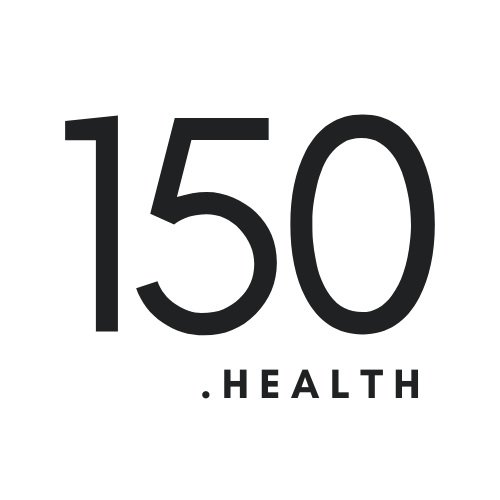Oh, Don’t Be So Hormonal! Managing Hormones in Mid-life
Being hormonal is often associated with angsty teenagers, but there is never a better time to pay attention to your hormones than in your midlife. This is true for both - ageing men and women. Here are some things you can do to better manage hormonal fluctuations as you age:
For women approaching or going through menopause:
Speak to a doctor - Menopause is a serious enough issue to talk to your doctor about, as it has several knock on effects on other functioning of your body. With the availability of several private doctors offering consultations - many female and very social media savvy —it has never been easier to talk to a professional about managing pre-menopause symptoms.
There is no need to opt for a bespoke compounded ‘bioidentical’ HRT (Hormone Replacement Therapy). There are lots of body identical HRT available on NHS prescription through normal pharmacy at a twentieth of a cost!
If on HRT, it is important for women to be mindful of alcohol consumption as HRT + Alcohol + Weight Gain are conditions that increase the risk of cancer.
Other lifestyle changes include eating a diet rich in calcium and vitamin D as hormonal changes cause bones to weaken. Eating food high in phytoestrogens (like soybeans, tofu, tempeh, flaxseed, linseeds, sesame seeds, beans) can help balance hormones as phytoestrogens are naturally occurring plant compounds that can mimic the effects of estrogen in the body.
For men approaching andropause:
Men go through natural hormone decline as they age, but the changes are less rapid and less severe than the hormonal changes experienced by women during menopause. Nonetheless managing symptoms is important for men too!
Key nutrients that promote healthy testosterone levels are vitamin D and zinc. It is also recommended to increase intake of branch chain amino acids (BCAAs) which consist of leucine, isoleucine, and valine. These nutrients encourage the production of hormones.
Talk to your doctor to check if any of your prescription medication are antiandrogenic - meaning medicines that reduce androgen production and/or block androgen receptors. Your doctor can help you determine if there is a suitable replacement for your medicine if it does happen to be antiandrogenic.
Hormone Therapy - Hormone therapy isn’t just for women and works on men by taking hormone medications which increase hormone levels to a point where symptoms can be eased. Therapeutic hormone replacement is often recommended for men who have a testosterone deficiency, or hypogonadism, although it is important to check with your doctor as usual to consider any side effects.

